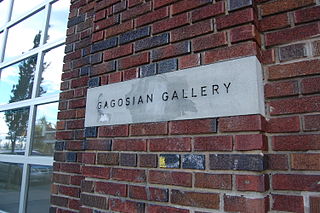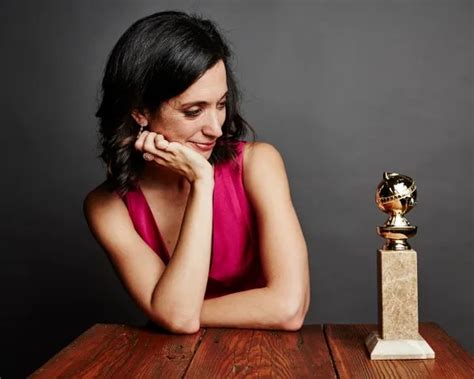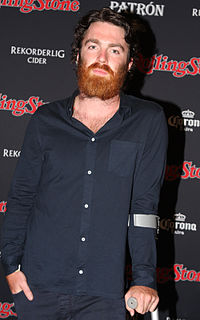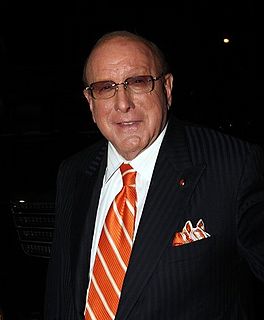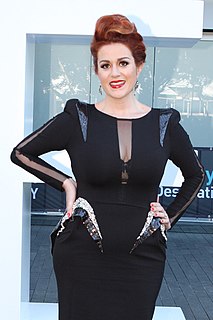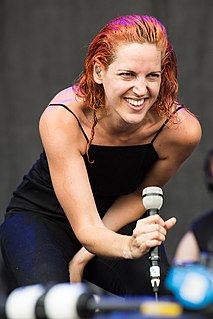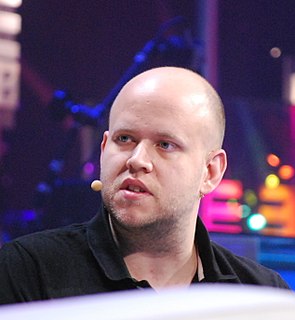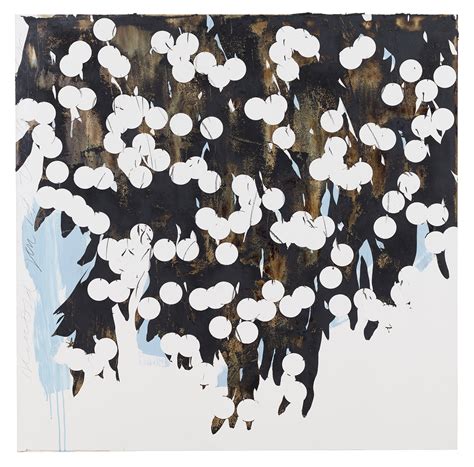A Quote by Hilary Hahn
Whenever I work with people who are nonclassical artists, I kind of get a kick in the pants. I think, 'How can I apply what I do to their music?'
Related Quotes
When we play an outdoor venue, you'll see whole families - boys, girls, men and women - from kids to grandparents who somehow heard the music... Think about how hard it is for artists who can never get a gig at an all-ages gig. Who goes to hear music in bars? People who can get into bars; people who drink.
The most important thing to do as an artist is to get out of your comfort zone and work with different people: people who can't read a note of music, people who have incredible classical skills, blues and jazz musicians, pop artists, visual artists, dancers and actors. Learn from people who are creative in a different way to you and you'll keep evolving.
There were two things I discovered when I toured with Snoop. One was that the band was all jazz musicians. The second was to instil in me a respect for other styles of music. From then on, whenever I played a new kind of music, I came with the same kind of open mind. What are they trying to do? What are they hearing? How do they see music?
I feed on other people's creativity, photographers, artists of every kind. Sometimes a feeling that you get listening to a song can be so powerful. I've wanted to write whole scripts around what I felt just listening to a piece of music. I think music is important, and surrounding your visual field with stimulating things.




